"The Most Important Thing to Look for on a Nutrition Label Isn't Calories, According to a Dietitian?" Review
Introduction
If you still believe in the “Calories In/Calories Out” theory (and you’re still not losing weight), you’ll want to read these reasons why you should rethink your approach (from the Business Insider article "The Most Important Thing to Look for on a Nutrition Label Isn't Calories, According to a Dietitian?").
The Review
In glaring black-and-white block letters on the side of your favorite cereal, they vie for your attention — calories. Yet, while they're the most prominent part of a nutrition label, calories don't tell the whole story.
That's according to registered dietitian and nutritionist Nichola Whitehead, who says the most important thing to look for on a nutrition label is not the calories, but rather the ingredients.< br>
"It's what you're putting into your body that counts," says Whitehead.
While calories can provide a very rough estimate of how healthy something might be, they leave out a number of important factors. Calories don't tell you, for example, how satiated or full something is going to make you feel, how beneficial it is for your digestion, or whether it contains the vitamins and minerals you need for healthy skin, hair, and nails.
This guidance can be applied to whole meals as well as processed foods.
Take the following two breakfasts as an example. Meal one consists of a piece of wheat toast with butter, a couple of scrambled eggs, and a coffee. Meal two includes a bowl of frosted cereal in low-fat milk, a glass of orange juice, and a coffee. Both meals have almost the same number of calories.
While they tally up identically regarding their calories, the two plans are far from equal.
The cereal and juice meal is based around sugar and refined carbohydrates, which the body breaks down quickly, creating a constant need to refuel with caffeine or a snack. On the other hand, the eggs and wheat toast meal is what Whitehead would call "balanced" — it contains the right mix of proteins and complex carbohydrates that your body needs to be properly fueled in the long term.
Because they score high on something nutritionists refer to as the glycemic index, essentially a measure of how a food will impact your blood sugar levels, foods like processed cereals, white bread, and white rice fall into a category known as "empty calories." Foods like this will "give you a rapid amount of sugar, but you’re going to feel hungry shortly afterward," says Whitehead.
This is where ingredients play a crucial role in sizing your food content. When you see things like sugar, corn syrup, fructose, or white flour listed as the first ingredients in a food, that can be a good indicator that it won't keep you full or energized in the long term. Instead, look for whole grains, lean proteins (chickpeas, beans, or chicken breast), and vegetables.
"It's what kinds of foods you eat that matters when it comes to how healthy your body is, how satiated you’re feeling, and how much energy you’ve got, says Whitehead. Calories are just a tool."
Personal Trainer Wisdom: “A caloric reduction in your diet will automatically result in weight loss” is the most prominent weight loss myth that still resonates in the minds of my personal training clients. I don’t blame them. Less food intake means more weight loss. In some cases, this is true. For instance, if you typically consume 3000 calories per day and cut out 500 calories, this dramatic drop may result in weight loss… initially. There will be a point, just like it has for my personal training clients over the last 12 years, when that will stop, though.
Your body is a very complicated, efficient piece of art that depends on a base of dietary fuel. While you can function on a filler-food diet, it doesn’t change the body’s nutrient-dense requirements. What happens when you don’t choose nutrient-dense foods? Your core system will recruit secondary systems and compensate for this deficit. You may continue to release the hunger hormone, ghrelin, until it receives what it needs. Your body may also slow down your metabolism to preserve what it has received and minimize the stress.
On the flip side, an onslaught of refined (simple) carbs will most likely increase your blood sugar levels and inflammation in your body, too…two critical factors that will also affect your ability to lose weight.
Furthermore, as the article describes above, combining calories plays a pivotal role in digestion and absorption. What does this mean for you? Any diet that requires a single food as a meal, solely on liquid (unless it is a smoothie), fasting, and an abundance of inflammatory foods/drinks (dairy, grains, processed foods, refined sugars, red meat, and alcohol), may stop your weight loss, increase your weight, and compromise your health.
Photo Credit:
NetDoctor.com –Should we consider the bigger picture when reading a nutrition label?
ABOUT THE AUTHOR: MICHAEL MOODY, PERSONAL TRAINER
As an author, a personal trainer in Denver, and podcast host, Michael Moody has helped personal training clients achieve new fitness heights and incredible weight loss transformations since 2005. He also produces the wellness podcast "The Elements of Being" and has been featured on NBC, WGN Radio, and PBS.
Michael offers personal training to Denver residents who want to meet at the 2460 W 26th Ave studio….or in their homes throughout LoHi (80206), LoDo (80202), RiNo (80216), Washington Park (80209), Cherry Creek (80206, 80209, 80243, 80246, 80231), and Highlands (80202, 80211, 80212). Michael also offers experiences with a personal trainer in Jefferson Park (80211) and Sloan's Lake (80204, 80212).
If you’re looking for a personal trainer who can curate a sustainable (and adaptable) routine based on your needs and wants, Michael is the experienced practitioner you’ve been looking for. Try personal training for a month…your body will thank you!
